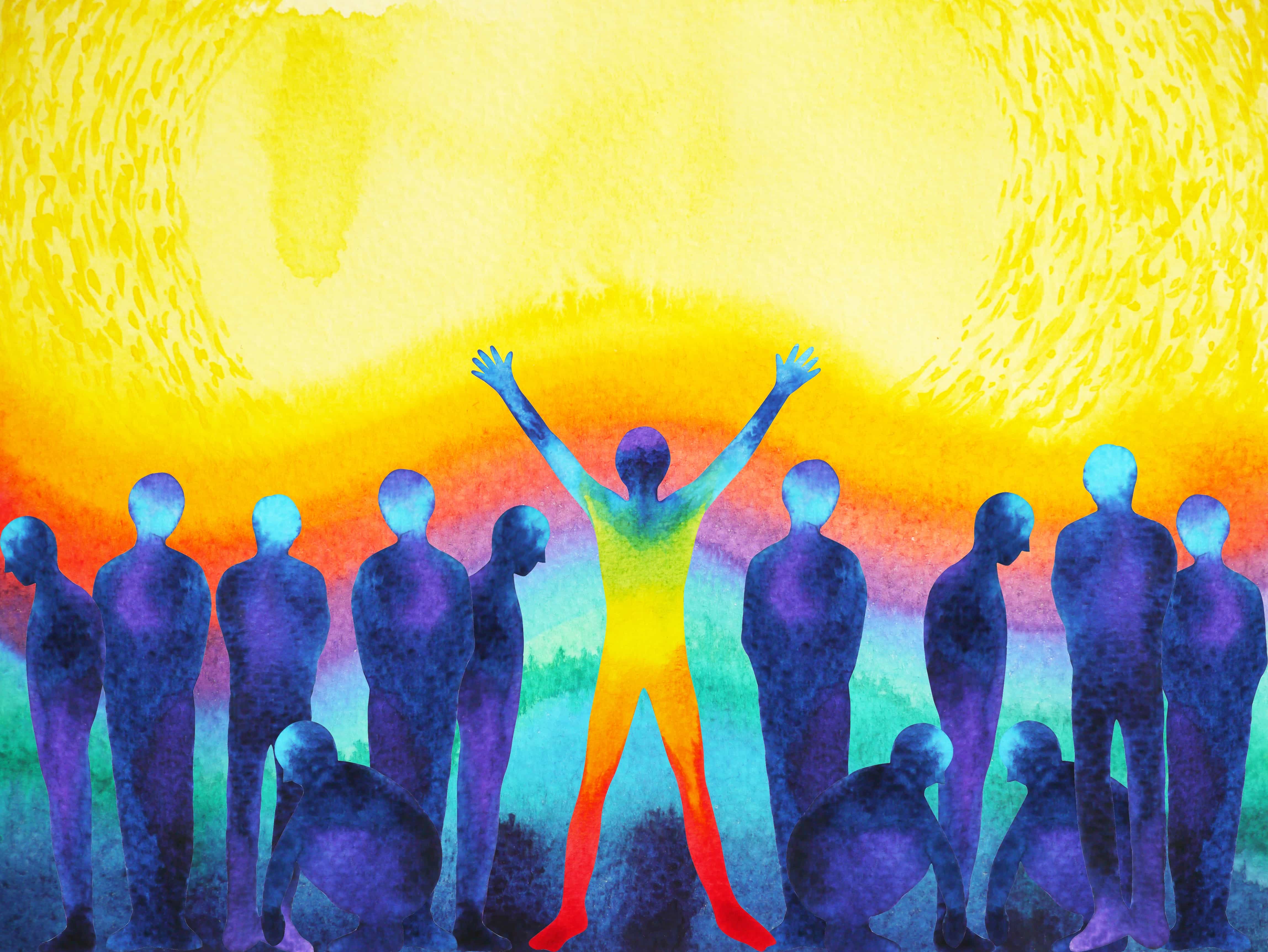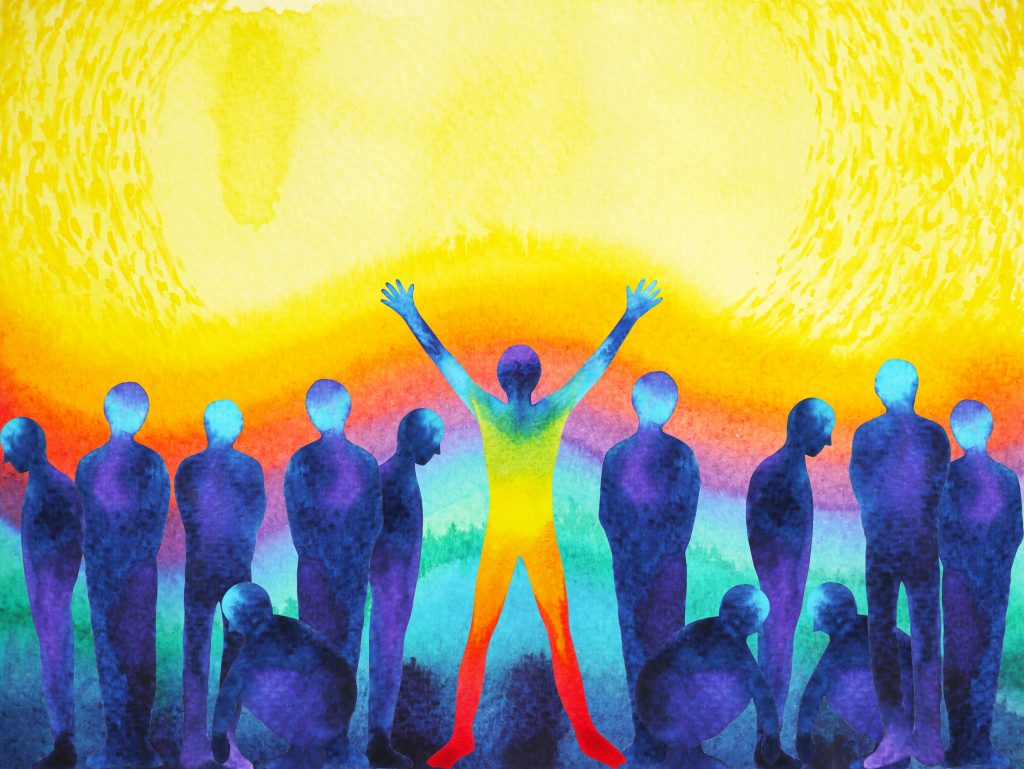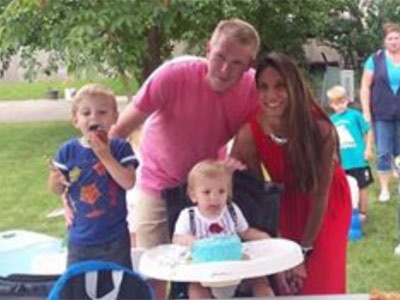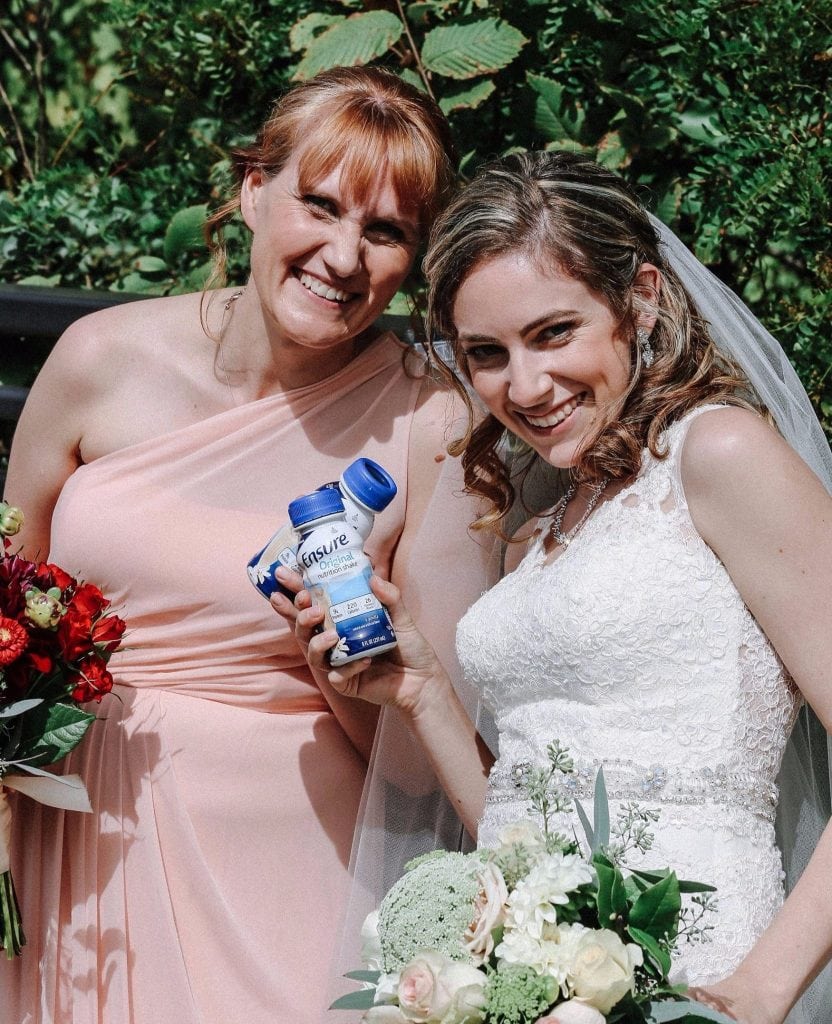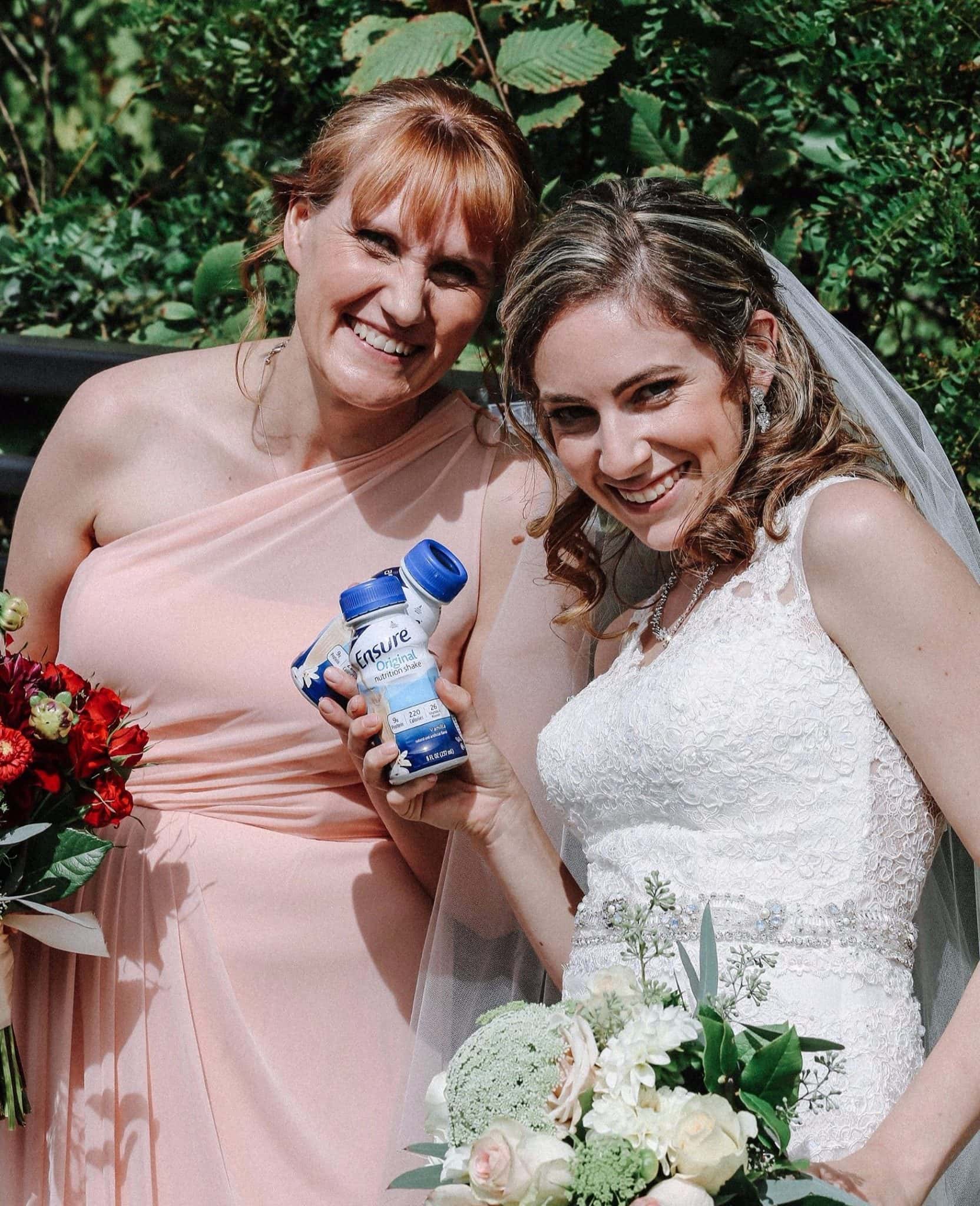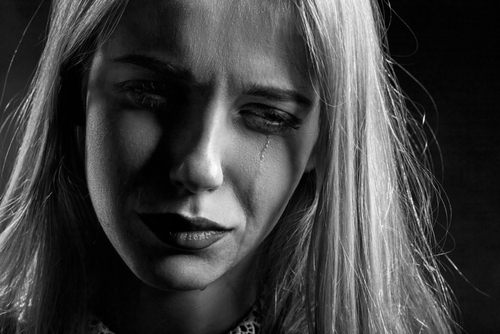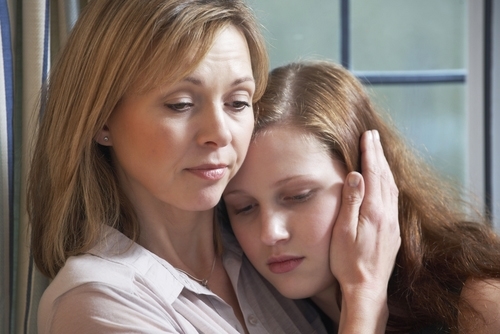
By Gejia Capasso, Family Therapist for The Meadows Ranch
Historically, families have shouldered the blame for a loved one suffering from an eating disorder. This has been met with controversy from both families and treatment teams. We know that eating disorders are complex and that families do everything in their power to fight the eating disorder. Watching someone you love suffer from an eating disorder is painful, scary, and can create anger and confusion. The stress and division within the family can seem overwhelming as each person involved is impacted in different ways. Loss of trust in family relationships, not knowing what to say or how to say it, and not knowing how to support the person who is quite possibly questioning if they even want to get better are all common experiences. Families describe, “Walking on eggshells,” thinking “Everything I say and do seem to make things worse,” and equally “Everything I don’t say and don’t do seem to make things worse.” Here come the shame and blame that families find themselves walking through as they try to understand a disorder that thrives on secrecy, dishonesty, and isolation.
